When we talk about the Man in the Moon, our mind’s
eye conjures a picture coloured by images of the Moon’s face similar to that
seen in Georges Méliès’s 1902 film, A Voyage to the Moon.
 |
| A Voyage to the Moon |
Invariably, we
imagine a face, with the features formed by the craters, ridges and mountains,
but in the past there was a different Man in the Moon, who was seen as a full
figure of an old man, bent over by the burden of the firewood carried on his
back, and sometimes accompanied by a small dog scampering at his feet.
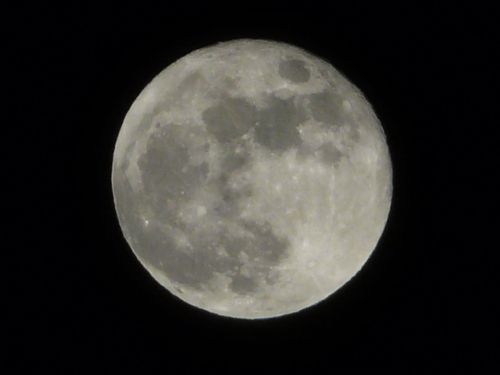 |
| Can you see him? |
An Old
Norse myth tells that the Moon, Mâni, stole two children, Hjuki
and Bil, from the earth as they were collecting water from the well, Byrgir,
in their bucket, Sœgr, suspended from their pole, Simul. Hjuki,
in Norse, is prounounced Juki, which becomes Jack, and for the sake of euphony
Bil becomes Jill. We have the tale of Jack and Jill, who went up the hill to
fetch a pail of water. Moreover, Hjuki comes from the verb jakka – to
pile up or increase, and Bil derives from bila – to dissolve or fall
apart, so the story of Jack and Jill is actually all about the waxing and the
waning of the moon, and the pail of water is a reference to the moon’s pull on
the tides and its influence on rainfall.
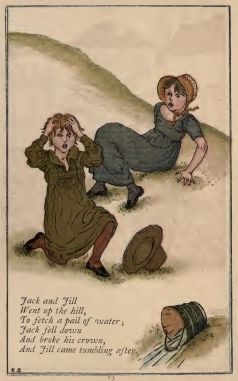 |
| Jack and Jill |
The idea that Mani stole the children
relates to the tradition that the Man in the Moon stole the sticks he carries,
and it was for the crime of theft that he was placed in the moon. Later, when
Northern Europe was Christianised, the myth was hijacked and adapted to say
that the Man in the Moon was the man found by the Hebrews gathering sticks on
the Sabbath, an act forbidden by God, and brought by them before Moses, who
ordered that he was to be stoned to death for his transgression (yep,
apparently it’s fine to stone people to death on the Sabbath but not to pick up
sticks for your fire. Book of Numbers, Chapter 15. Look it up.)
 |
| ... Pick up Sticks |
Jack was
eventually turned into the Man in the Moon himself and Jill was forgotten. An
ancient English ballad from the thirteenth century tells his story,
“Mon in the mone, stond ant streit;On is bot-forke is burthen he bereth:Hit is muche wonder that he na down slyt.For doute leste he valle he shoddreth ant shereth.”[Man in the moon, stand and stit!On his bot-fork his burden he beareth;It is much wonder that he does not down sit;For doubt lest he fall he shudd'reth and shivereth.]
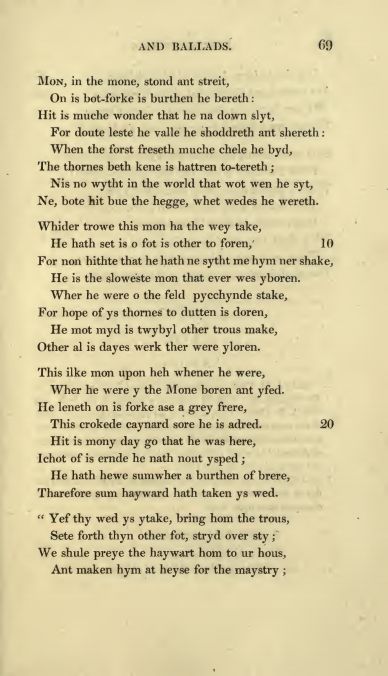 |
| Mon in the Mone |
The old man, with his pitchfork and bundle of sticks, has been put
in the moon for ‘pycchynde stake’ (picking stakes), on a Sunday. In the
mid 1330s, one Walter de Grendene sold some land and a barn to his mother, the
seal on the deed shows a man with a bundle of sticks and surrounded by the
words,
“Te Waltere docebo cur spinas phebo gero”
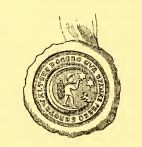 |
| Man in the Moon Seal |
(‘I will teach you,
Walter, why I carry thorns in the moon’ – which, more or less, means ‘honesty
is the best policy’).
This idea that a man lived in the moon can be seen from a
proverbial expression used by Chaucer about fifty years later, in Troilus
and Criseyde, where he urges caution “… lest the churle may fall out of
the moone”. Shakespeare used the same legend in A Midsummer Night’s
Dream, where Moonshine says,
“All that I have to say, is, to tell you that the lanthorn is the moon; I, the man i' the moon; this thorn-bush, my thorn-bush; and this dog, my dog.”
And in The Tempest, Caliban and Stephano say,
Cal. Hast thou not dropp'd from heaven?Ste. Out o' the moon, I do assure thee. I was the man i' the moon, when time was.Cal. I have seen thee in her, and I do adore thee: my mistress show'd me thee, thy dog, and bush.
Another playwright (who was an influence on
Shakespeare), John Lilly, in the prologue to his Endimion, has the
lovely line,
“…there liveth none under the sunne, that knowes what to make of the Man in the Moone.”
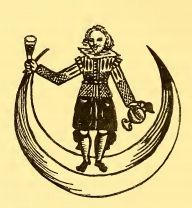 |
| The Man in the Moon drinks claret |
In later years, the moon was thought to drink
claret, in reference to the blood red moon that happens during a lunar eclipse,
as this rhyme says,
“Our man in the moon drinks clarret,With powder-beef, turnep, and carret.If he doth so, why should not youDrink until the sky looks blew ?”
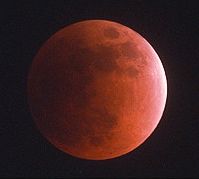 |
| Blood Red Moon |
And another, similar, rhyme says,
“The man in the moon drinks claret,But he is a dull Jack-a-Dandy;Would he know a sheep's head from a carrot,He should learn to drink cyder and brandy.”
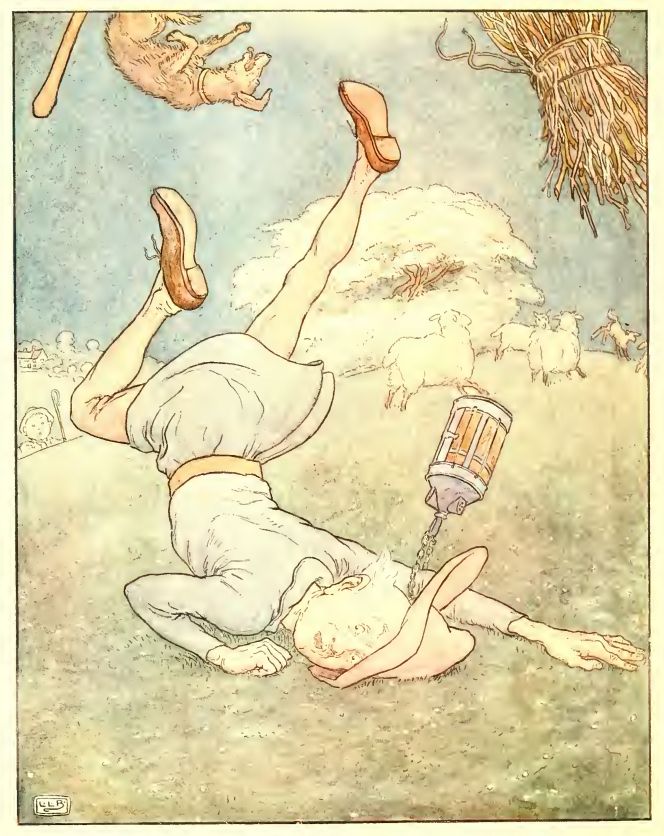 |
| The Man in the Moon Came Down to Soon |
But of all the Man in the Moon rhymes, the most
charming has to be this,
“The man in the moonCame down too soon,And asked the way to Norwich,He went by the south,And burnt his mouthWith eating cold pease porridge.”
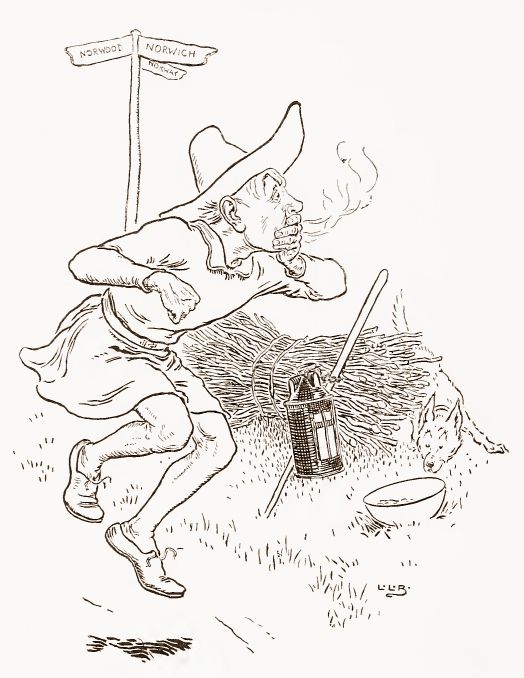 |
| Eating Cold Pease Porridge |
No comments:
Post a Comment